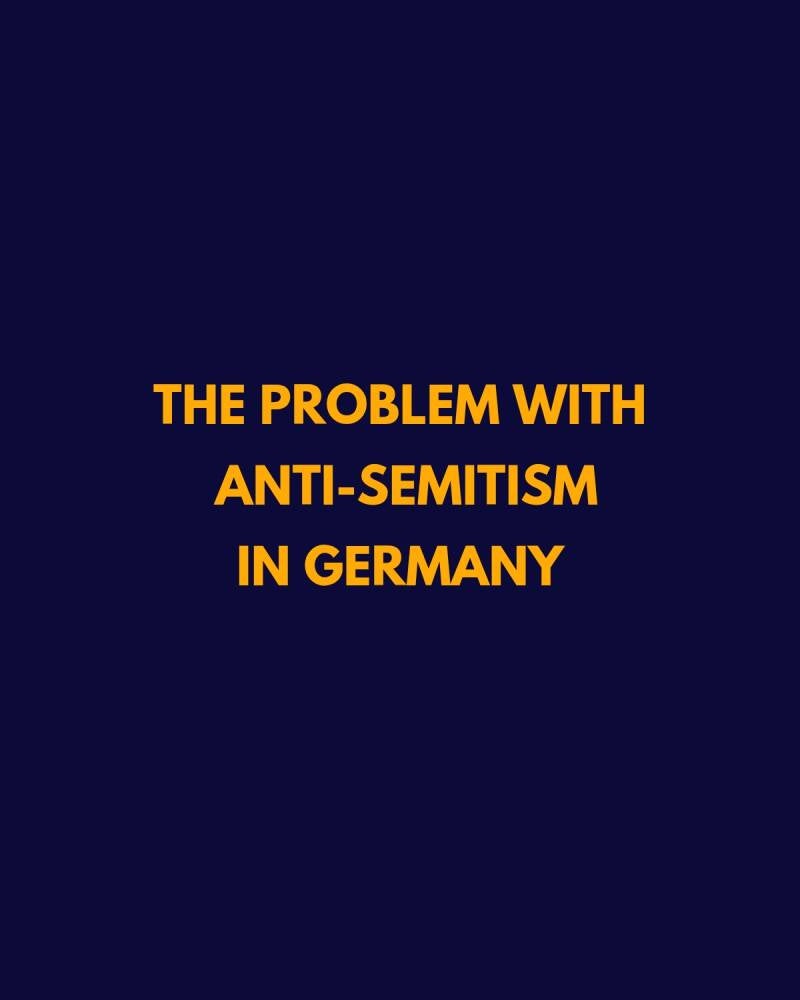In my dissertation, I have become an expert in antisemitism discourses in Germany—examining how they operate through racialisation, securitisation, and memory politics—yet I cannot apply for most if not all jobs in Germany that deal with antisemitism in research or non-profit. The irony is sharp: I am Jewish, I live here, I speak German fluently, and I have all the skills and competences one would expect. But the positions are framed around a very particular kind of “expertise” in what they call Israel-bezogener Antisemitismus—Israel-centered antisemitism—which in practice means focusing on so-called “Muslim” or “imported” antisemitism. These jobs advertise themselves as fighting antisemitism, but the work they prescribe largely sustains a racial divide, policing and pathologizing specific communities rather than researching, understanding, or dismantling the racial order that produces these divisions in the first place. Sometimes this racialised agenda is explicit; other times it’s more implicit, becoming clear only when you examine the projects, the partnerships, and the cooperations of the employers. It’s not always spelled out, but the patterns are there, and I’ve learned to approach job postings in this field with suspicion. In the current climate, “combating antisemitism” is too often reduced to surveilling protests and cataloguing dissent, especially in pro-Palestinian spaces, rather than engaging with the structural dynamics that underlie antisemitism in the first place and how it directly relates and more so correlates to racialising mechanisms in Germany. The space for critical, nuanced, and historically grounded expertese—even from someone like me or actually particularly from someone like me —feels vanishingly small in the current climate in Germany.

Add comment
Comments